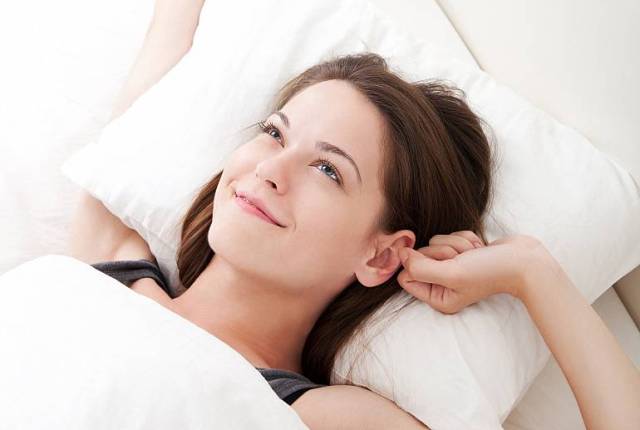Bedwetting Alarms
If you wake during the night to pee, you may be interested in learning more about the common reasons for this incident. What is nocturia? What are some of the potential causes? Why is it more typical as we age? Discover the possible roles of diabetes, obstructive sleep apnea, and prostate or bladder problems in waking to urinate at night.
Nocturia
Nocturia is defined as the excessive requirement to get up and urinate throughout the night. You may discover yourself utilizing the restroom a number of times per night and this can be disruptive to your sleep. It is typically thought about to be abnormal to wake to urinate when it happens more than when during the night. It is various from enuresis (or bedwetting), which more frequently occurs in kids.Causes
There are a handful of regular causes of nocturia. The most common may be consuming excessive water or other fluids (especially caffeine or alcohol) too close to bedtime. Minimizing fluid intake after dinner might assist to lower this contribution.Typically our bodies are able to concentrate our urine and allow us to sleep through the night without getting up, but as we grow older this might not work also. In addition, older guys might have nocturia as the result of retaining urine due to benign prostatic hyperplasia (BPH). Females might experience bladder weakness and other urological issues.
Inflammation or infection of the bladder or urinary system may cause increased urination overnight. Other significant medical problems also may contribute, including:
- Diabetes
- Chronic renal (kidney) failure
- Congestive heart failure
- Hypercalcemia (high blood calcium level).
- Demeclocycline.
- Lithium.
- Methoxyflurane.
- Phenytoin.
- Propoxyphene.
The Function of Benign Prostatic Hypertrophy (BPH) in Guy.
Benign prostatic hypertrophy (BPH) is an extremely typical cause of nocturia in older males and refers to a non-cancerous, or benign, condition where the prostate gland, which surround the urethra or pee tube, becomes enlarged and therefore obstructs the flow of urine. Concomitantly, the bladder wall likewise thickens, which makes it harder for you to void urine properly.
Bedwetting Solutions
If signs entirely occur during the night, think about the function of sleep apnea prior to blaming prostate enhancement.
There are various ways that BPH can be dealt with, including surgical treatment and medication. Some individuals who can tolerate symptoms of BPH might choose to hold off treatment after consulting with their physician. If you believe that you have BPH based upon signs that you're experiencing, you must make an appointment with your doctor to go over diagnosis and management.Getting Aid.
If you have difficulty waking too often throughout the night to pee, you may wish to speak to your doctor to investigate what the underlying cause might be for you. Strongly think about the function of undiagnosed sleep apnea and, if present, pursue treatment as it might assist to prevent unneeded surgery or medications.Click here to know more about Bed Wetting Boys

Post a Comment